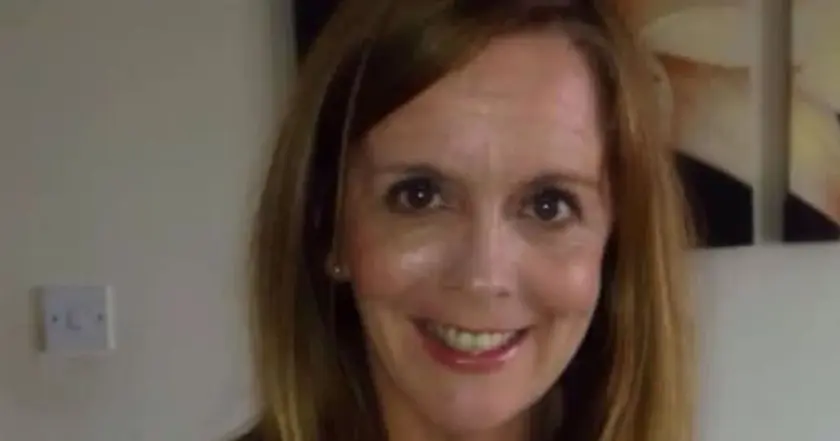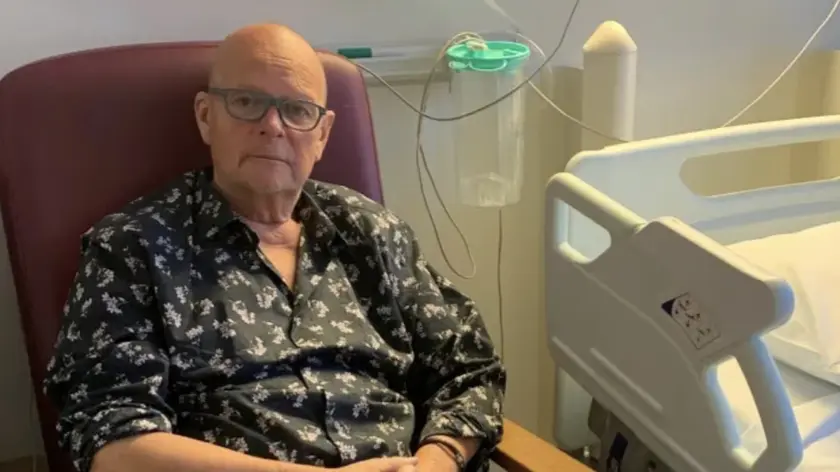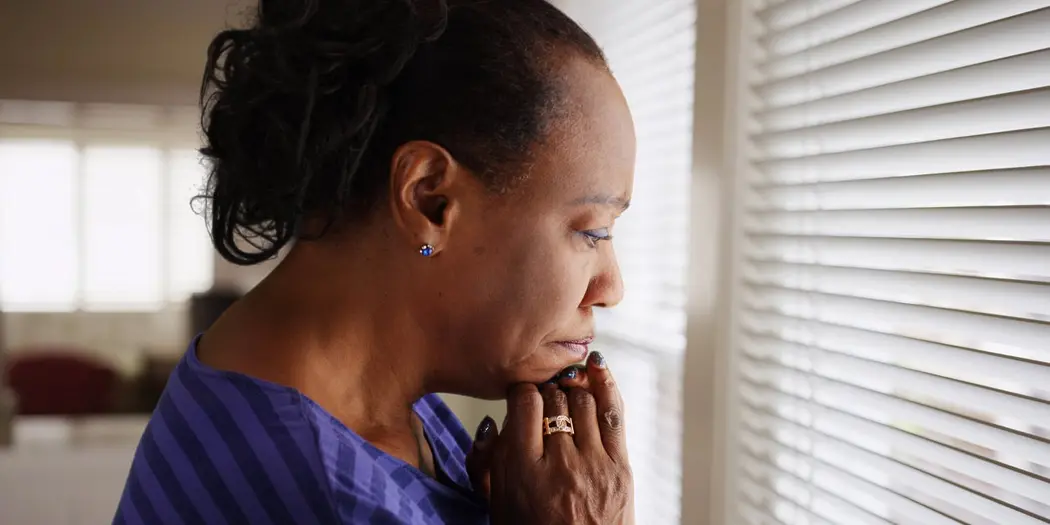T4K3.news
Caregiver for wife with early onset Alzheimer's faces daily battles
A husband describes the realities of caring for Nicola after a Young Onset Alzheimer’s diagnosis, including daily routines and emotional strain.

A husband shares the realities of caring for Nicola after a Young Onset Alzheimer’s diagnosis, revealing daily routines, risks and the emotional strain.
Caregiver for wife with early onset Alzheimer's faces daily battles
Nicola Furness, diagnosed with Young Onset Alzheimer's at 56, is cared for by her husband Paul in Beverly, East Yorkshire. He says the disease has rewritten their daily life, shifting from past challenges like Nicola’s breast cancer to a condition that he describes as the battle they are not going to win. Paul first noticed symptoms in 2019, starting with small forgetful moments and confusion, such as misplacing items, repeating questions and driving past their street. He recalls Nicola getting lost in Primark for nearly two hours due to a confusing layout, a stark glimpse of the disease’s impact on ordinary errands.
The condition now affects most tasks, from cooking and cleaning to shopping and personal hygiene. Paul says he must assist with showering, dressing, brushing teeth and other routines, and that Nicola no longer understands she has the disease. Financial pressures have grown as he cut his work hours to 15.5 per week and faced the costs of their daughters’ education and other life needs. Nicola left work as ill health retired, a status with significant financial impact. Paul has raised about 12,000 pounds for Dementia UK and the Alzheimer’s Society. He finds relief in running and in occasional outings to parks and classes, where Nicola sometimes responds to music by singing and dancing. Loneliness remains a reality for him, as weekend support is hard to arrange and he misses the partner he once knew.
Key Takeaways
"She isn’t going to get better, she’s going to get worse"
Paul describes Nicola’s prognosis
"Music brings her back to life again"
Nicola responds to music during moments of connection
"I have to shower her because she’d walk into the shower with her pants on"
Care tasks Paul performs daily
"Just keep pressing repeat on the things that make you smile in life"
Paul’s coping philosophy
The piece highlights the hidden toll of caring for someone with early onset dementia. It shows how a partner’s health crisis ripples through family finances, work life and mental health, underscoring gaps in practical support like respite care and in-home assistance. It also points to the enduring value of small rituals, music and community activities that can momentarily rekindle connection. Policymakers and service providers should note that when formal support is thin, families bear the burden long term, often at the edge of burnout.
Highlights
- Music brings her back to life again
- You’ve got to wake up and you’ve got to reset and put a smile on your face each day
- She isn’t going to get better she’s going to get worse
- Just keep pressing repeat on the things that make you smile in life
Caregiving and financial strain
The article centers on a partner caring for someone with early onset Alzheimer’s, highlighting reduced work hours, ill health retirement, and significant out-of-pocket costs. It raises sensitive topics about private health, home care, and financial stability that could provoke public response.
Support for carers must grow as dementia care evolves.
Enjoyed this? Let your friends know!
Related News

New research reveals dementia risks for autistic individuals
Rock icon Ozzy Osbourne dies at 76

James Whale expresses acceptance of his terminal illness

James Whale has died at age 74

Ozzy Osbourne has died after paramedics tried to save him

Study reveals poverty's impact on women's memory decline

Gillian Shaw pleads guilty to manslaughter in partner's death

Older workers face growing financial pressure
